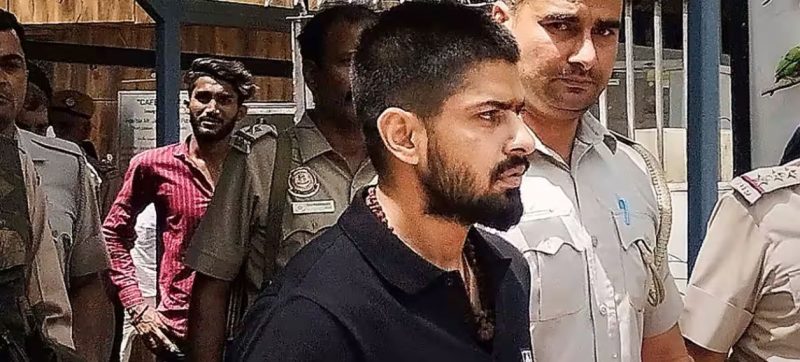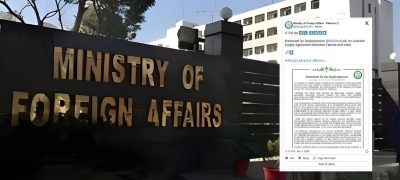Canada has officially designated India’s Bishnoi gang as a terrorist entity, marking a significant step in its efforts to fight organized crime. The decision is also expected to influence the already strained relations between Ottawa and New Delhi.
On September 29, 2025, Public Safety Minister Gary Anandasangaree confirmed that the Bishnoi gang has been added to Canada’s list of terrorist entities under the Criminal Code. This gives Canadian authorities the power to freeze or seize the gang’s assets, including property, vehicles, or funds. The move also strengthens law enforcement’s ability to prosecute crimes related to the group, such as recruitment, financing, and cross-border activities. By formally designating the gang as a terrorist entity, Canada aims to disrupt its operations and protect communities from intimidation and extortion.
Canadian officials claim the Bishnoi gang has built a reputation for murder, extortion, arson, and organized violence. Authorities allege that its members may have been linked to the 2023 killing of Sikh activist and Canadian citizen Hardeep Singh Nijjar near Vancouver. The Nijjar case created a diplomatic storm, with Ottawa accusing Indian agents of involvement in the killing. New Delhi denied the allegations and demanded evidence, leading to the expulsion of diplomats on both sides.
By adding the Bishnoi gang to the terrorist list, Canada hopes to prevent its members or associates from using Canadian soil for criminal or political purposes. Immigration authorities will also gain stronger grounds to block the entry of anyone tied to the gang.
Local officials in British Columbia welcomed the announcement, saying it gives police more tools to combat extortion targeting South Asian communities. In India, however, the move was criticized. Authorities there argued that Canada has failed to provide evidence or cooperate on previous extradition requests related to Bishnoi gang members.
Analysts believe the designation could serve two purposes. Domestically, it addresses safety concerns in diaspora communities. Internationally, it may help ease tensions with New Delhi by showing that Canada is acting against groups India sees as dangerous. Similar balancing acts between domestic policy and global diplomacy have also been seen elsewhere, such as Abu Dhabi’s introduction of a new ethics code for teachers, which linked education reforms to broader national priorities.
The Bishnoi gang’s listing comes at a time when India-Canada relations remain fragile. The murder of Hardeep Singh Nijjar created one of the worst diplomatic rifts in recent years. Canada’s decision may be read both as a step to improve cooperation and as a warning against transnational criminal networks.
Canada now recognizes 88 organizations as terrorist entities. This latest addition signals its intent to tackle not only global terrorism but also cross-border organized crime. For context, similar disruptions have been seen in other regions, such as Afghanistan’s recent internet blackout, which also raised concerns about security and communication.
The Bishnoi gang’s new status as a terrorist entity shows Canada’s commitment to curbing international crime and protecting its communities. The move may also play a role in reshaping India-Canada relations, depending on how both nations respond in the coming months.







